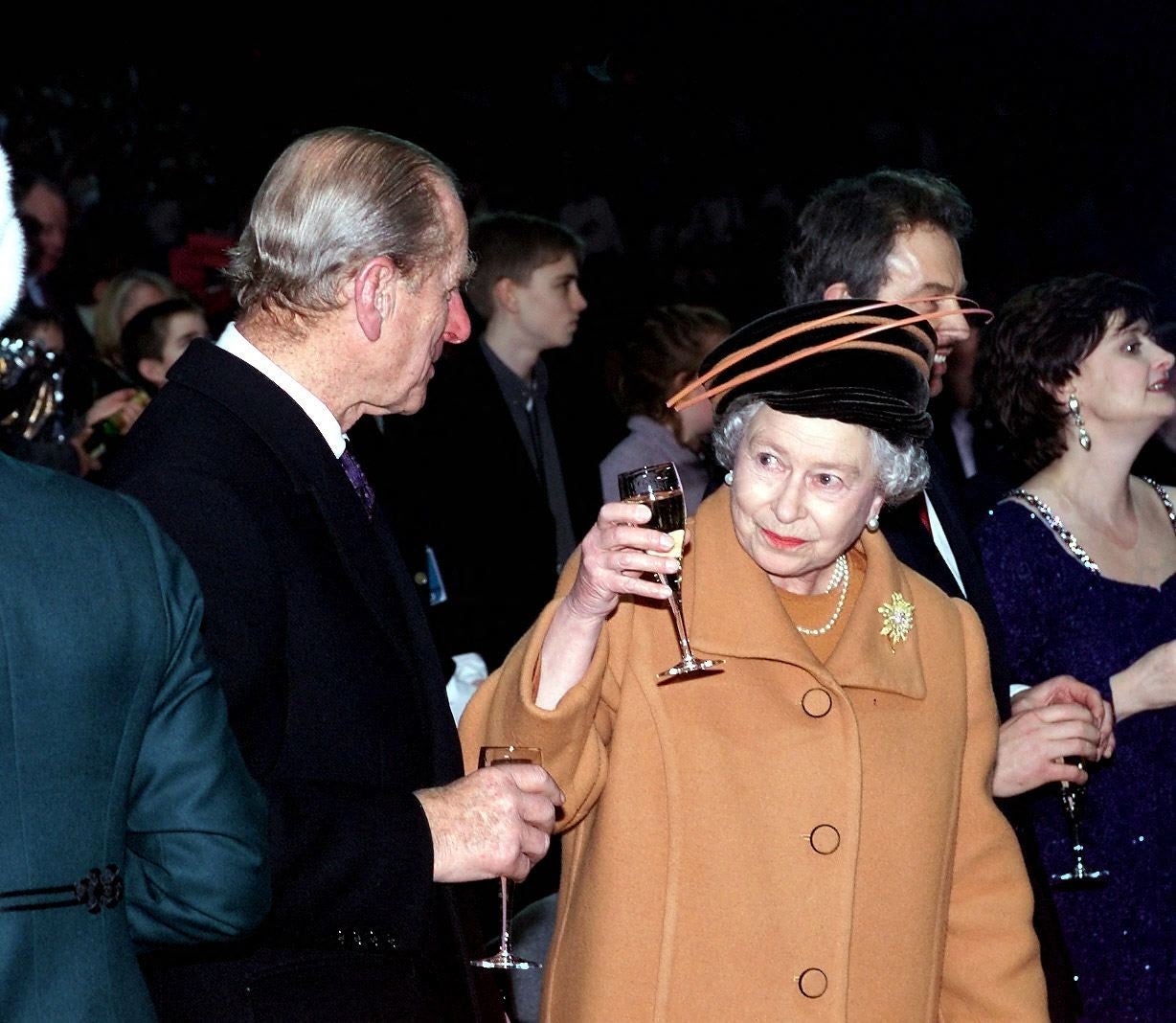
Experts have expressed concerns that thousands of official documents about the late Queen and Prince Philip due to be made public over the next two years could be censored.
Five years after their deaths, in 2026 and 2027 respectively, government documents involving communications with Queen Elizabeth II and her husband are due to be published.
The papers would offer previously unknown insights into the late monarch’s thoughts around events of significance that transpired during her 70-year reign, during which time she engaged with 15 different UK prime ministers prior to her death in September 2022, at the age of 96.

Discussions are reportedly taking place in Whitehall about which aspects of the documents should be kept secret, with members of the Advisory Council on National Records and Archives expected to ask civil servants to brief them on how the tranche of files will be dealt with.
But with an already lengthy backlog of disputed cases involving royal documents, one former member of the council has warned that the system by which such papers are either released or censored must be overhauled.
Dr Bendor Grosvenor – an art historian who resigned from the council in 2018 over the government’s destruction of Windrush records and refusal to release papers on the Profumo scandal – warned that it is often junior civil servants, as opposed to permanent secretaries and other senior officials, who make such decisions.
Warning that this could result in more risk-averse decisions over which files to censor, Dr Grosvenor told The Guardian: “The Cabinet Office are the knee-jerk ones who react all the time.
“The system does need to be changed, because the advisory council has on it people who really know what they are talking about and they should be trusted.”

While the council should be involved in decisions to censor files rather than hand them over to the National Archive, Dr Grosvenor warned that members are often unable to see the documents in detail.
Staff at the National Archives will also have to reassess previously closed files in its collection relating to the late Queen and her husband five years after their deaths.
Dr Alison McClean, a researcher at the University of Bristol, told The Guardian: “There seems to be an increasing reluctance to release any historical public records relating to members of the royal family and a worrying trend of withdrawing access from records that have previously been released.
“During the past few years, the National Archives has re-closed or redacted a number of royal records, including cabinet papers relating to the Regency Act 1953 and prime ministerial records concerning the investiture of the Prince of Wales.”
A spokesperson for the National Archives told the outlet: “Under the Public Records Act 1958, those responsible for public records must make arrangements for the selection of those records which ought to be permanently preserved and so any government department or public body planning on releasing documents related to the late queen should follow the selection and transfer guidance.”
A Cabinet Office spokesperson said: “All records are released in line with the Public Records Act.”
Under the Public Records Act, information relating to the sovereign, their heir, and the second in line to the throne is covered by an absolute exemption against release under freedom of information laws.







